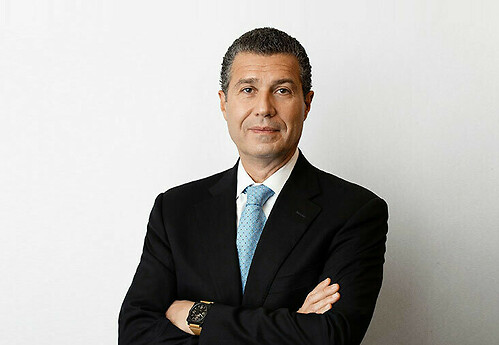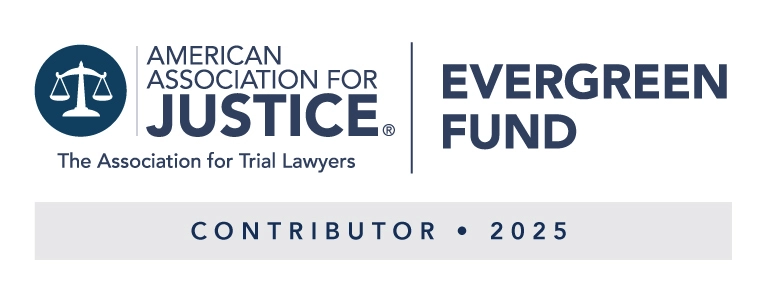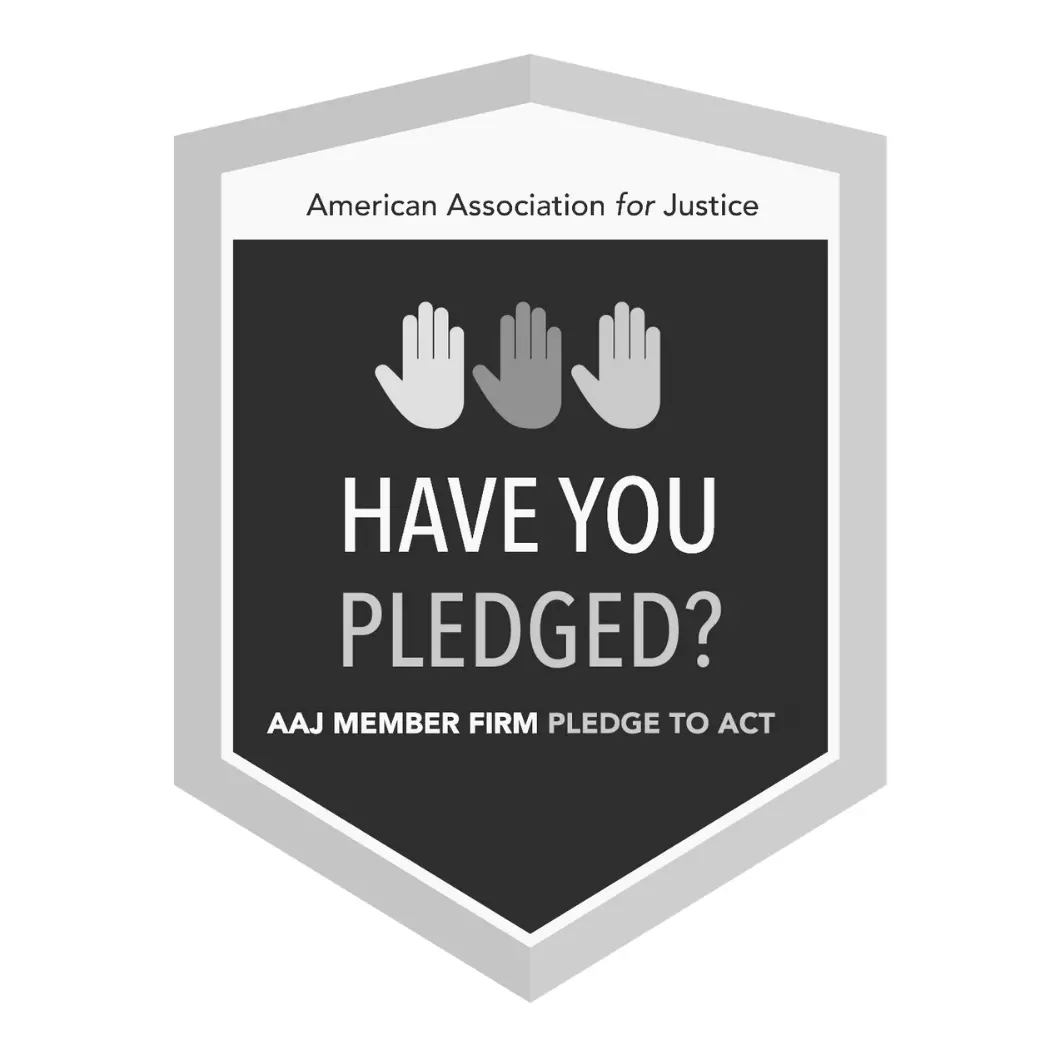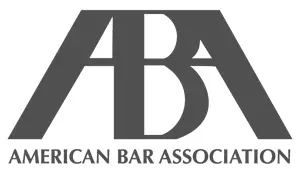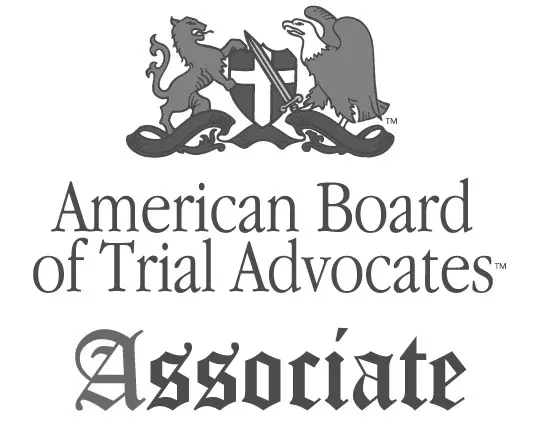Wife of Army Captain Killed in Boeing MAX Crash Sues, Calls on U.S. Airlines to Ban 737 MAX from Fleets
The wife of Antoine Lewis, a U.S. Army Captain from suburban Chicago who was a passenger on the fatal Ethiopian Airlines Flight 302, today called on all U.S. airlines to ban the Boeing 737 MAX from their fleets after filing a lawsuit against the Boeing Company (Boeing) for strict product liability and negligence. Antoine Lewis died on March 10, when a brand-new Boeing 737 MAX 8 fell from the sky only six minutes after takeoff, killing all 157 people aboard.
Since the first MAX crash in October 2018, investigators and the Federal Aviation Administration (FAA) continue to find problems with the MAX in addition to the anti-stall system that is believed to have led to the Ethiopian Airlines crash. Other software issue with the plane’s flaps and flight-control hardware have been identified, and in late June, the FAA discovered new problems with key computer chip being overwhelmed with data.
“First, it was the anti-stall system. Then it was the flaps. Now it’s a computer chip. It’s clear that the Boeing MAX is a flawed plane from its nose to its tail and should never be flown again,” said Yalena Lewis, the wife of Ethiopian Airlines passenger Antoine Lewis. “U.S. airlines should commit today to replace all MAX planes in their fleets with an aircraft that is proven to be safe. They owe it to every passenger so that no one else has to know the pain of losing their loved one to corporate greed and negligence like I do.”
In the United States, the MAX represents a small percentage of the three airlines that have the plane in their fleets: American Airlines at 2 percent, Southwest at 5 percent and United Airlines at 1 percent. Last week, United Airlines announced it is purchasing an older version of the 737 to make up for the grounding of the MAX. All three airlines have repeatedly stated that safety is their first priority:
- American Airlines: “The safety and security of our team members and our customers remains our top priority.” [An Update on the Boeing 737 MAX, July 14, 2019]
- Southwest Airlines: “Safety is our top priority. It always has been. It always must be.” [CEO video message to customers, March 13, 2019]
- United Airlines: “Safety is United’s top priority.” [United Spokeswoman Natalie Noonan, May 14, 2019]
Added Lewis: “They all say they put safety first; now they have a chance to prove it by committing to this ban.”
Lawsuit Alleges Rushed, Faulty Design Completed to Avoid Losing Boeing Business
Filed in the Northern District of Illinois by Romanucci & Blandin, LLC, the complaint on behalf of Antoine Lewis’ estate argues that Boeing rashly commenced development in 2011 on the 737 MAX series in an effort to avoid losing one of its key customers, American Airlines, which was on the verge of entering into an exclusive contract with Boeing competitor Airbus to purchase hundreds of planes.
To compete with Airbus, Boeing increased the size of the 737’s engines and tweaked the airframes for a promised 20% improved fuel efficiency. The modifications affected the plane’s handling, causing it to pitch up and threatening a dangerous aerodynamic stall. To prevent this, Boeing added a new autopilot system called the Maneuvering Characteristics Augmentation System (MCAS) that would pull the nose down. Boeing marketed the 737 MAX as virtually the same as its predecessor – not requiring any significant pilot retraining or training on the revamped MCAS.
“The MAX was built around shortcuts, not safety,” noted Antonio M. Romanucci, founding partner at Romanucci & Blandin, LLC. “The evidence is extensive: Adding a new, unproven anti-stall system to avoid redesigning the 737. Having one sensor feed into the system instead of two in violation of industry standards and FAA regulations. Not telling airlines and pilots about the new system to avoid costs for additional training. It’s a now-deadly pattern demonstrating how Boeing put profits and its own interests over passenger safety, for which they must be held accountable.”
After the 737 MAX 8’s release into the marketplace, pilots repeatedly voiced safety concerns about the aircraft to U.S. authorities. One pilot complained that it was “unconscionable” that Boeing and the FAA allowed pilots to fly the planes without adequate training or without fully disclosing the differences in systems from those on previous 737 models.
Boeing Defends MAX Safety Features, Resists Pilot Training After Indonesia Crash
Early indicators of critical problems with the MCAS emerged in the wake of the Oct. 29, 2018, Lion Air Flight 610, which took off from Soekamo-Hatta International Airport in Jakarta, Indonesia but minutes after takeoff crashed into the Java Sea, killing all 189 passengers and crew. Investigators quickly focused on the MCAS flight-control system on the Boeing 737 MAX 8 and found that the Lion Air Jet was unfit to fly on more than one occasion in the days leading up to its final flight. Yet, following the crash, Boeing continued to praise the airworthiness and safety of its MAX 8 planes and strongly denied that the Indonesian crash was related to the plane’s mechanics or operating systems. Boeing defended the plane’s safety features and publicly resisted calls to make changes to its system and pilot training procedures.
Then on March 10, Ethiopian Airlines Flight 302, a Boeing 737 MAX 8, was scheduled to depart from Addis Ababa Bole International Airport at 8:38 a.m. local time bound for Jomo Kenyatta International Airport in Nairobi, Kenya. Within a minute after takeoff, the plane’s sensors recorded erroneous values, which activated the MCAS and commanded automatic nose down trim inputs making it impossible to manually control the airplane. Despite both pilots’ desperate efforts, they could not pull the airplane out of the MCAS-commanded dive. At 8:44 a.m. local time, Flight 302 disappeared from radar and crashed approximately 28 miles southeast of the airport, killing all 157 people on board, including Antoine Lewis.
The Plaintiff is seeking a judgment against the Defendants, awarding compensatory damages and attorney’s fees.
***Out of respect for Antoine’s entire family, we ask the media to please refrain from contacting any members of his family. Our team will be happy to arrange interviews as needed.***
About Romanucci & Blandin, LLC
Romanucci & Blandin has been rated as a leading civil trial practice law firm in Chicago concentering in catastrophic personal injury, medical malpractice, aviation disasters, police misconduct, and abuse and sexual misconduct cases. The attorneys at the Chicago law firm represent individuals and their families in catastrophic personal injury matters, wrongful death and workers’ compensation cases. The cases that are referred to Romanucci & Blandin involve accidents or injuries which occurred due to negligence and carelessness on the part of individuals, governmental bodies and corporations of all sizes. Since its inception over 20 years ago, Romanucci & Blandin has secured more than half a billion dollars in verdicts and settlements on behalf of their clients across the country, with dozens of those cases exceeding $1 million. For more information about Romanucci & Blandin, please visit www.rblaw.net or call (312) 458-1000.
About Hart McLaughlin & Eldridge
Hart McLaughlin & Eldridge (“HME”) is a firm of trial lawyers specializing in mass tort and class action cases. The attorneys at HME practice on a nationwide basis in both federal and state courts and are actively involved in some of the largest and most significant mass tort and class action cases in the country. HME lawyers have particular expertise in toxic torts, carcinogen and environmental exposure, occupational and para-occupational exposure to toxins, and the fields of medical causation, oncology, and epidemiology. For more information about Hart McLaughlin & Eldridge please visit www.hmelegal.com or call (312) 955-0545.
Related Attorneys
- Founding Partner

